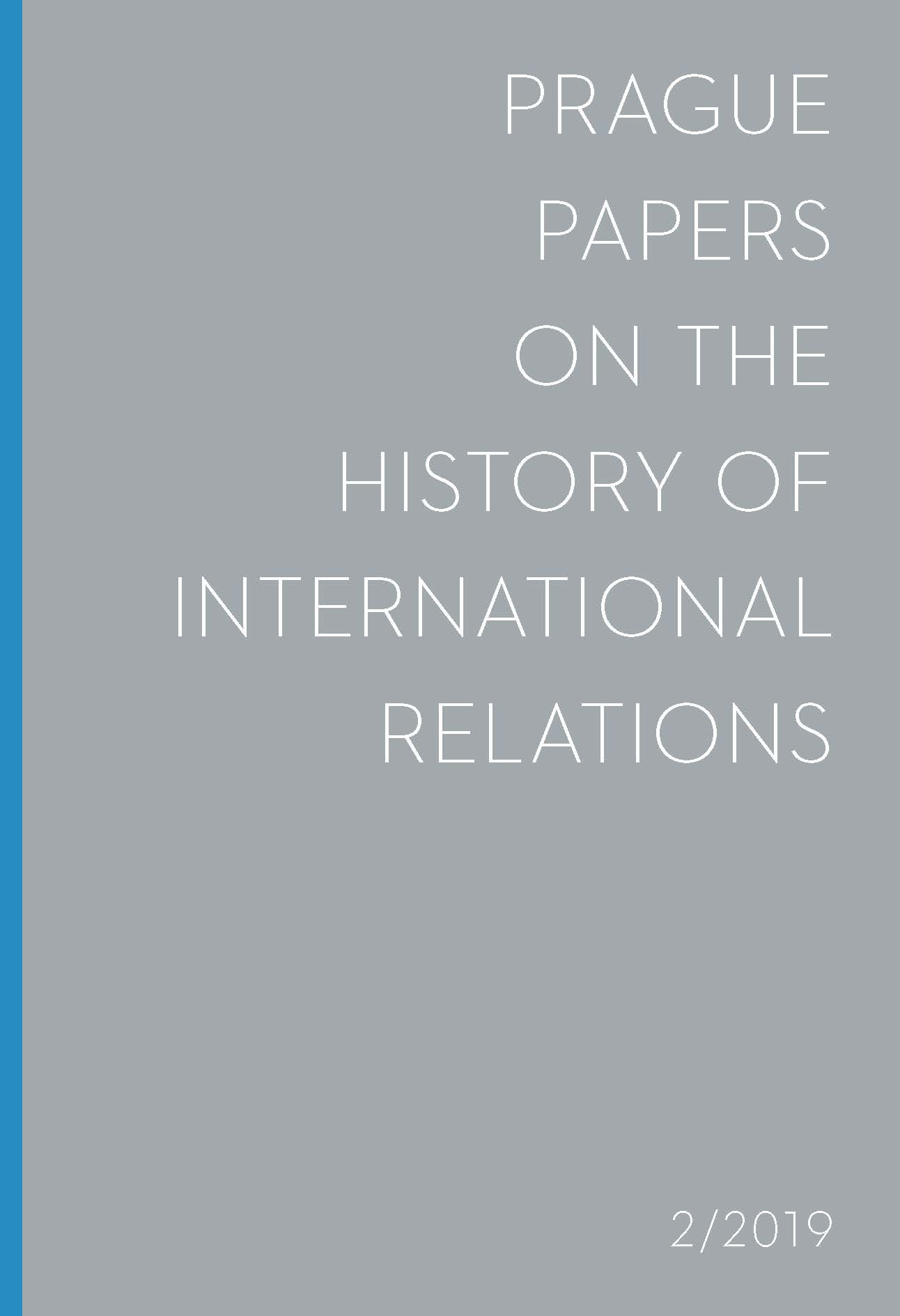Understanding the effects of the resolutions of the 1884–85 Berlin Conference to Africa’s Development and Euro-Africa relations
Understanding the effects of the resolutions of the 1884–85 Berlin Conference to Africa’s Development and Euro-Africa relations
Author(s): Ndubuisi Idejiora-KaluSubject(s): Diplomatic history, 19th Century
Published by: Univerzita Karlova v Praze - Filozofická fakulta, Vydavatelství
Keywords: Berlin Conference; Euro-Africa Relations; Master-Slave Psychology Syndrome; post-colonialism; economic behavior; Sino-African relations.
Summary/Abstract: The incursion into Africa by Europe in the 19th Century was formally ratified by the 1884–85 Berlin Conference. The reason for Europe to decide in venturing into the South was basically centered on the need for natural resources and to be later realized deep yearnings for trade and cooperation with Africa. But the reverse was the case with the supposedly cooperation with Africa initiative in a conference that was strangely not to have Africa diplomatically represented and with resolutions which instead of enabling this proper partnership with Africa became a master — slave empire-type of relations. This master-slave relation is also seen in many aspects even in trade and is known also to have changed the economic behavior of African countries. An unequal relationship between the north and its colonies is revealed.
Journal: Prague Papers on the History of International Relations
- Issue Year: 2019
- Issue No: 2
- Page Range: 99-108
- Page Count: 10
- Language: English

